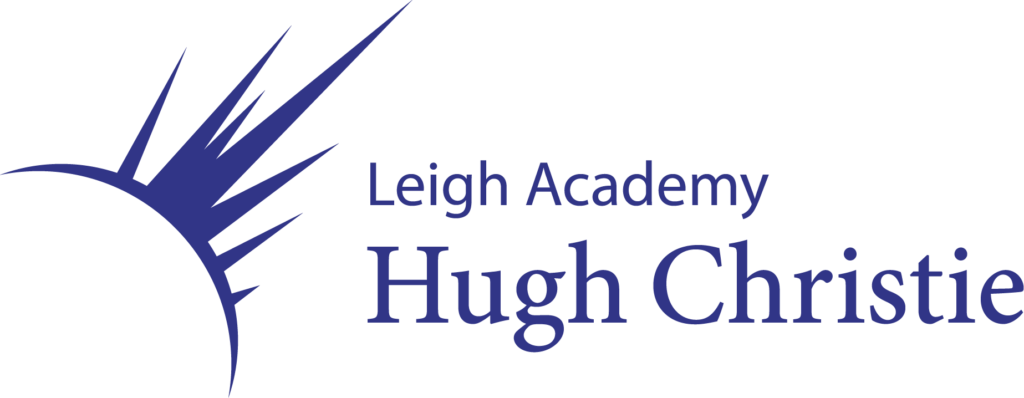The British Dyslexia Association says:
Dyslexia is a neurological difference and can have a significant impact during education, in the workplace and in everyday life. As each person is unique, so is everyone’s experience of dyslexia. It can range from mild to severe, and it can co-occur with other learning differences. It usually runs in families and is a life-long condition. It is a specific learning difficulty.
We are bound by the Kent (local authority) definition for Dyslexia which can be found in their policy at: https://www.kent.gov.uk/education-and-children/special-educational-needs/types-of-send/specific-learning-difficulties#tab-2
Therefore, if your child has a significant weakness in single word spelling and/or reading (and has had good educational opportunities, teaching and interventions) then they may meet the Kent criteria for dyslexia.
For us to gain a better understanding of your child’s literacy skills (this is where weaknesses are most evident) we can run a ‘strengths and weaknesses’ screener. This identifies a possible dyslexic profile or dyslexic tendencies. It helps us identify weaker ‘cognitive’ skills such a phonological processing (being able to identify and manipulate the sounds in words) which can signify dyslexic tendencies.
We would then want to gather information from you and the class teacher, and look at a child’s work. A screener is a limited snapshot of a child’s ability – it is important we gather a full picture and look at interventions over time too.
Therefore, we can screen your child for a possible dyslexic profile and to help us identify possible interventions, but this is not the same as a dyslexia diagnosis. We cannot diagnose dyslexia in our school. This would need to be an independent, certified assessor. It is an educational diagnosis that is life-long and results from high levels of psychometric testing that staff in primary schools are not qualified to use. A diagnosis is recognised under the Disability Discrimination Act (2010), permits an older child to have access arrangements at secondary school and adaptations in the workplace. This is private and comes at a cost. Assessors look for a discrepancy between a child’s general ability (like their IQ) and a child’s literacy skills.
Our teachers have dyslexia awareness training and can make adaptations to their teaching so that your child can access the curriculum like their peers. Very often, good strategies for dyslexic children are good for all children. Our focus is always on good teaching and good interventions, rather than the label.



